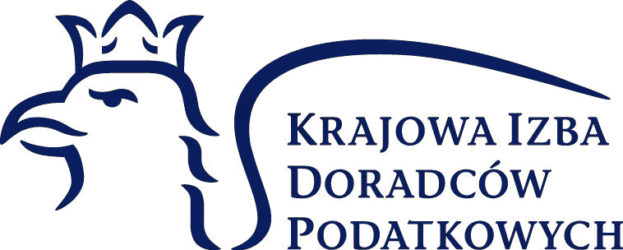The new provisions modify the existing VAT special schemes laid down in the VAT Directive (non-Union scheme, Union scheme) and add a new one (import scheme). A summary of the most important law changes in the field of e-commerce can be found in the previous article and the electronic platforms as deemed supplier have been also already described here. This text summarizes the provisions of the e-commerce law regarding the special schemes.
The Mini One Stop Shop (MOSS) is an electronic system allowing taxable persons supplying telecommunications, broadcasting and electronic (TBE) services to consumers in the EU to declare and pay VAT due in all EU Member States in one single Member State. As from 1 July 2021, MOSS is extended to all B2C services taking place in Member States where the supplier is not established, to intra-Community distance sales of goods and to certain domestic supplies of goods …




